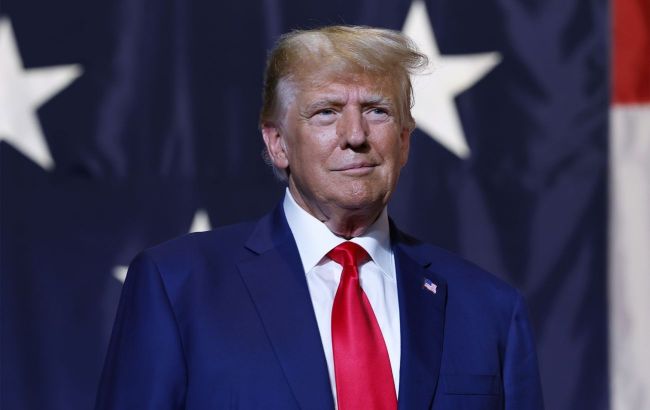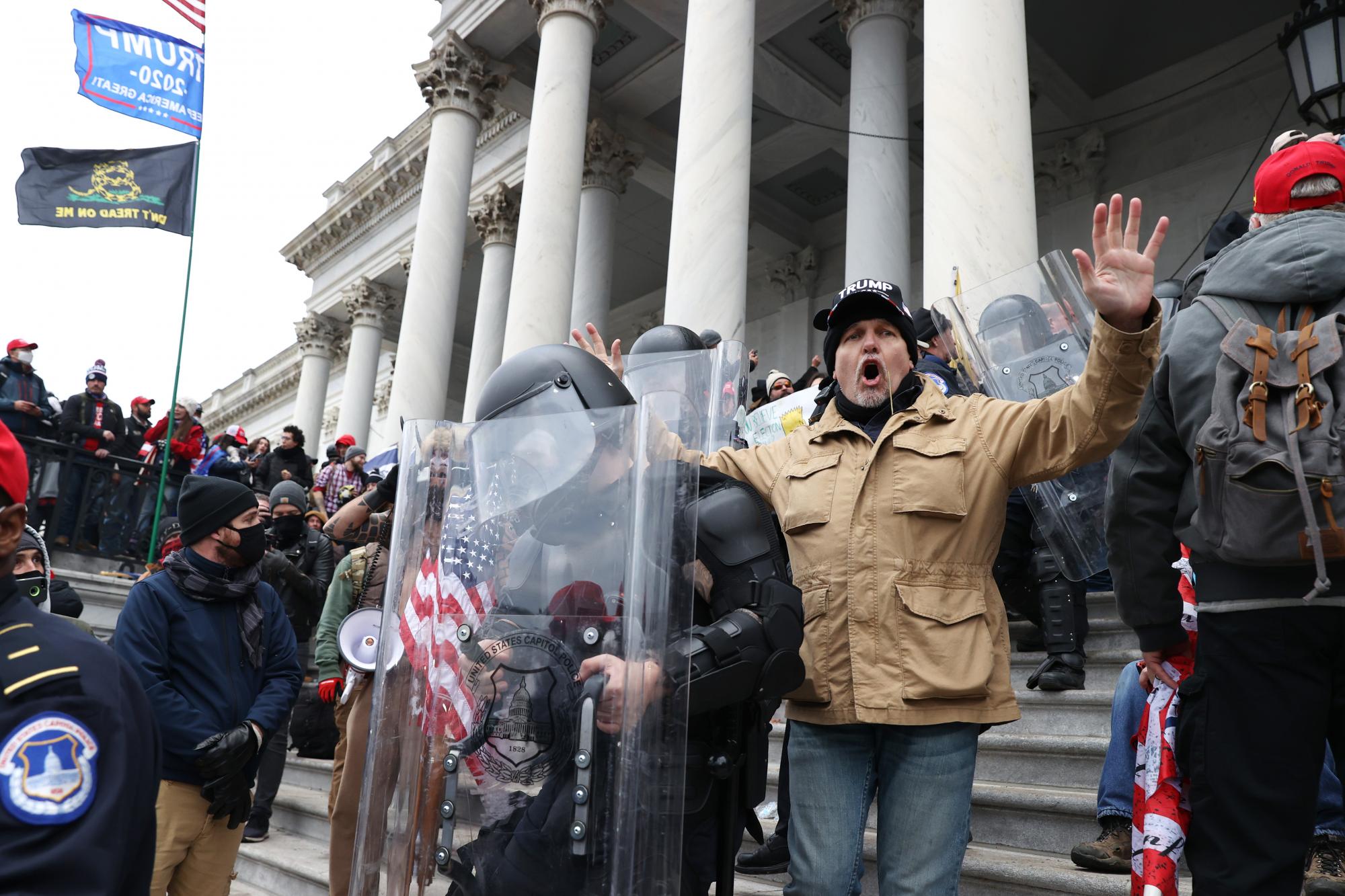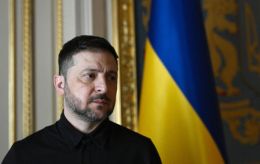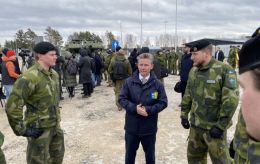Trump's inauguration: When and how it will take place
 Donald Trump (photo: Getty Images)
Donald Trump (photo: Getty Images)
Donald Trump won the election, but he will officially assume the presidency only in two months. Before that, he will have to take an oath during a formal inauguration ceremony.
Here is an explanation of how the winner of the election is formally confirmed in the US when Trump's inauguration will take place, and the specifics of the ceremony.
Contents
When will the inauguration take place?
Although the US election took place on November 5, the vote count in many states is still ongoing, with the majority of ballots, particularly those sent by mail, being counted. The final election results are expected to be determined by December 17, when each state’s electoral college will meet to cast their votes directly for presidential and vice-presidential candidates.
On January 6, 2025, members of the US Congress will gather to count the electoral votes, marking the final formal step in confirming the election winner.
On January 20, 2025, newly elected President Donald Trump and Vice President JD Vance will take the oath of office and assume their duties.
During the previous transfer of power in 2021, Trump skipped Biden’s inauguration, claiming the election was stolen. However, this year, such a situation is not expected to occur. Trump and Biden already met on November 13, where Biden told Trump that he anticipated a smooth transition of power in January.
Given that both current President Joe Biden and Trump’s election rival Kamala Harris have guaranteed a peaceful transfer of power, no surprises are expected during the finalization of the election results.
How does the inauguration take place?
The inauguration ceremony takes place at the US Capitol in Washington, D.C., and includes several mandatory elements. On the morning of January 20, a service will be held at St. John’s Church across from the White House.
After the service, the elected president first meets with the sitting president at the White House. Following this, the president-elect heads to the Capitol to take the oath of office. The vice president takes the oath first, followed by the president. The president then delivers the inaugural address, outlining the key directions of their future policies.
After the inauguration ceremony, the former president and vice president leave the Capitol, escorted by the new leaders of the country.
Once the new president has taken the oath, they are led to the Capitol’s Rotunda for the inaugural luncheon. Traditionally, the menu features dishes representing the home states of the president and vice president.
After the luncheon, the president and vice president head to the White House, where a military parade takes place. In the evening, an inaugural ball is held.
Security measures
The inauguration ceremony is conducted with strict security measures in place. The necessity for these measures was highlighted by the events of January 6, 2021, when Trump supporters stormed the Capitol in an attempt to disrupt the certification of the election results. Five people were killed during the attack.

Capitol riot on January 6, 2021 (photo: Getty Images)
Both local and federal authorities are preparing for January 6 and 20, taking lessons from 2021 into account.
Fences and checkpoints will be set up, roads and streets will be closed, and parking will be restricted.
In Washington, an additional 4,000 police officers will be deployed. Pamela Smith, the chief of the Metropolitan Police Department, told Fox News that her department has been planning the inauguration since mid-summer.
The US also has a separate federal agency responsible for protecting Congress - the Capitol Police. Its chief, Thomas Manger, stated that his department has addressed the issues from previous incidents.
"There were a lot of intelligence failures four years ago, and to say that those have been resolved and improved and fixed would be an understatement," said Manger.
According to him, the Capitol Police force has been increased to over 2,200 officers, all of whom have been provided with mobile phones and new equipment.
In late October, Capitol Police officers participated in a riot control training session at the Secret Service facility in Maryland. Over 1,000 officers from 16 states were also involved.
However, while protests against Trump's inauguration are likely to occur, they are unlikely to have any significant impact on its proceedings.
Earlier, it was reported on who will join Trump's foreign policy team and what to expect from the new Secretary of State, US National Security Advisor, and CIA Director.
The information for this article was sourced from publicly available materials on the inauguration process in the US, including articles from USA Today, CNN, and Fox News.

